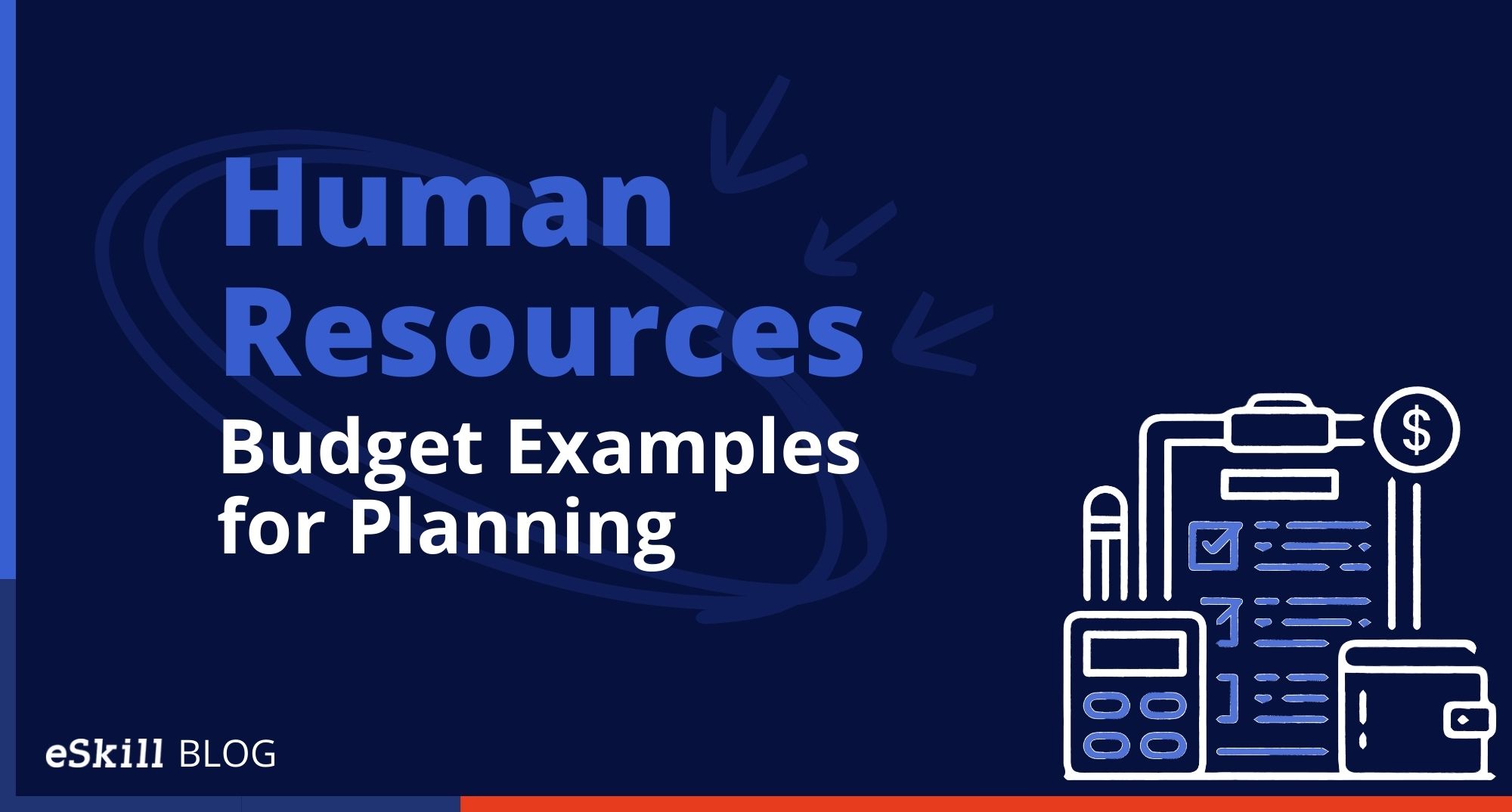Why is it that handling minor tasks is always easier than starting a big one? Of course, some of your employees would never back down from a challenge and thrive under pressure, but there are others who seem very unsure of themselves when faced with a big job. Not all of us are brave, but everyone can contribute to achieving a common goal. In Tolkien’s “The Lord of the Rings,” proud Gimli and noble Legolas are competing all the time. The little hobbits are not so brave, but they are witty and inventive, and always seem to find an unexpected way out. Gandalf the Grey may be the powerful keeper of experience, but Frodo the dreamer is the one who leads the company to their great victory.
When the fellowship started on their big journey, some of them were speeding ahead while others just wanted to go back home. You may often see the same kind of situation in your team. But you never know, sometimes those with timid personalities are holding back because they are feeling afraid or just kind of numb inside. And this may have its reasons.
The feeling of responsibility takes their thoughts away from the task. Unfortunately, sometimes the positive traits we expect from our employees can become extreme and actually hinder their job performance. Let’s imagine that someone has to perform a small task with minor importance, so she does it automatically. With a bigger task, employees may feel more respected, but they may also be a little bit afraid. The fear of failure leads them to start worrying about not getting that raise or promotion, and many other problems. So, eventually, working under the burden of responsibility is like swimming against the current. Instead of spending their time and effort on dealing with the task, they waste it all on thinking about how huge and overwhelming their responsibility is.
When you’re dealing with a huge task, it’s hard to imagine the final result. Without a specific destination, people often feel stressed and kind of lost. And big projects can have that effect on people if they don’t have a clear idea of what the desired outcome is.
The illusion of freedom can make you postpone starting a job. Big tasks have distant deadlines, and there are always minor things to do close at hand that have more immediate results. Eventually, these small tasks can consume all of your productive time, while the important job is overlooked.
There are several ways to reduce the fear of huge tasks among your employees, including the following:
- Don’t point out their responsibility. One can easily walk on a tightrope that is 20 inches off the ground. But if the same rope is stretched 10 feet off the ground, the physical danger makes you nervous and you’re likely to lose your balance.
- Underline the personal benefits. Coming back to the example of “The Lord of the Rings,” we can see that each team member achieved something. Gimli and Legolas learned to collaborate, the little hobbits became braver, Gandalf increased his powers, and Frodo saved the world. The same kinds of benefits may await your employees when they take on big challenges.
- Don’t fight fear. Psychologist V. Zealand states that the feeling of fear is not as exhausting as your effort to suppress it. Although it is not very comfortable to be afraid, you can still be productive. Follow the example of Hulk in the Avengers, who said that the secret to his fighting technique was, “I’m always angry.”
- Give them a sense of freedom. Inner freedom can set a lot of bound potentials free. So, weaken your grip on your employees. In the fear of losing control, managers can often wind up reducing their team’s motivation.
- Break it down to steps that can be performed during the productive part of each day. Teach them to divide their work into manageable pieces, and then to compete against the clock to get them done. This means starting to work at a certain hour and doing a specific amount of work each day. Imposing interim deadlines will make your employees feel more interested and excited by their work, and they will wind up doing more and saving time. Having goals and productivity guidelines will help them feel positive as they complete each day’s tasks.
And finally, to really achieve good effects, let your team members know you believe in the 100 percent. It is like the placebo effect for people who are sick, who start to heal when they believe they are getting effective treatment. If your employees really believe that they can handle anything, they will perceive each new huge and difficult task not as a possibility for failure, but as a chance to prove their professionalism and giftedness.
Talk to sales






